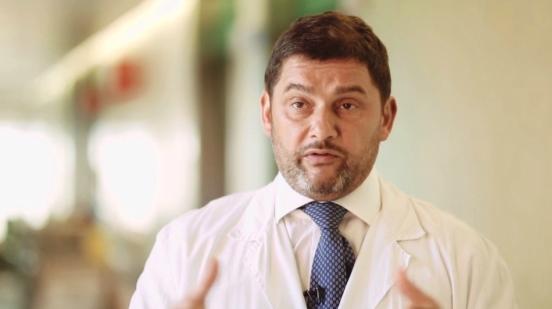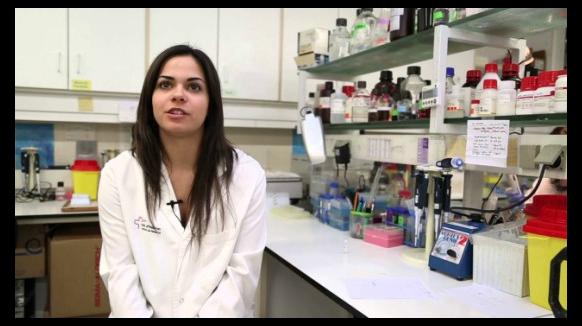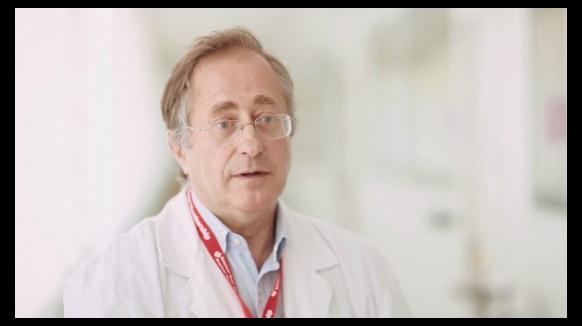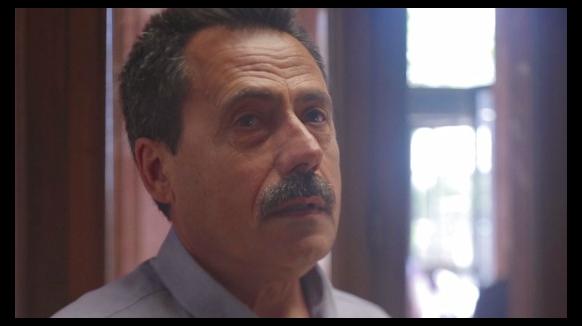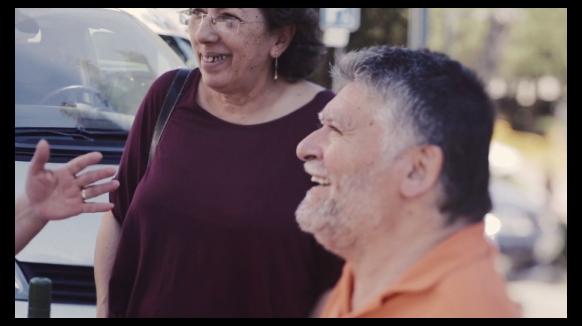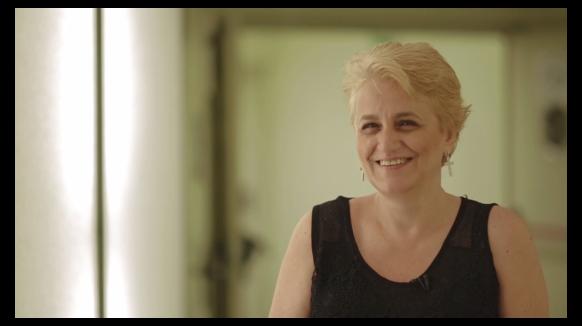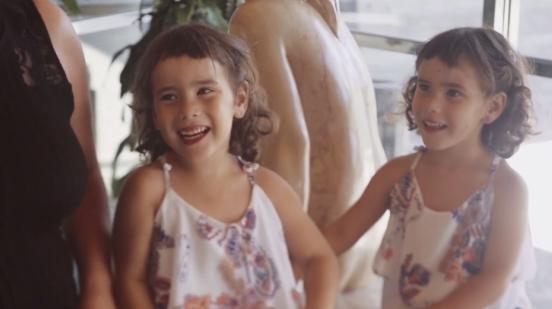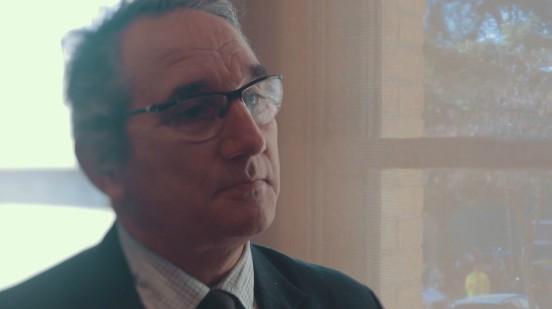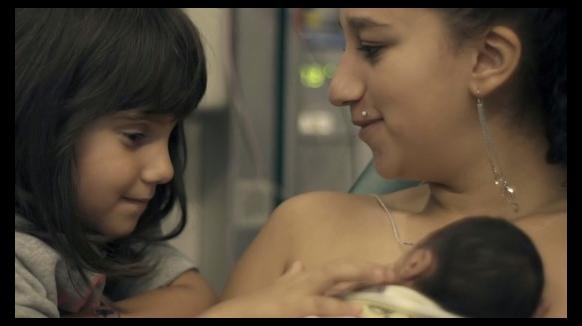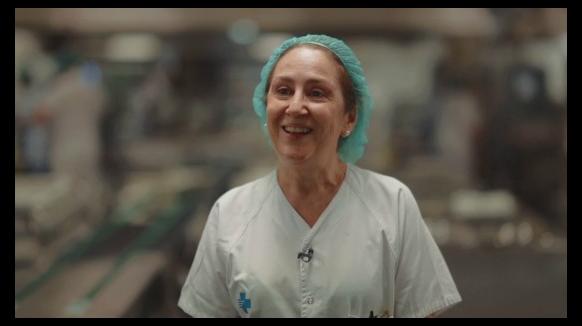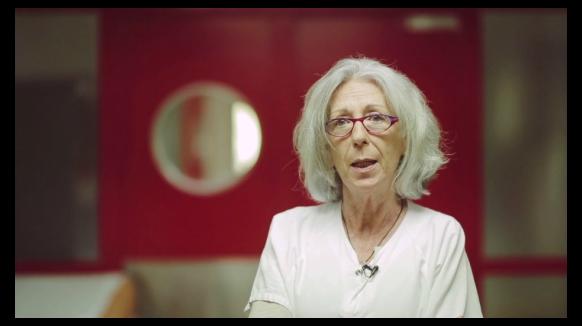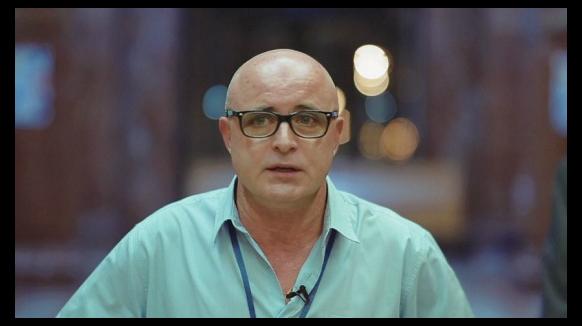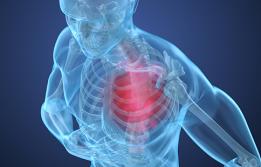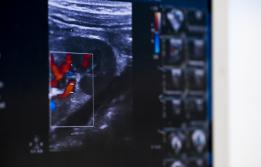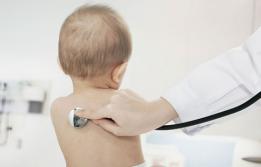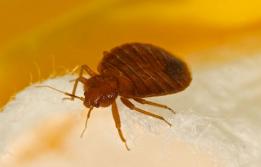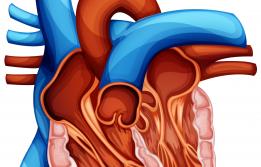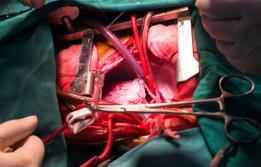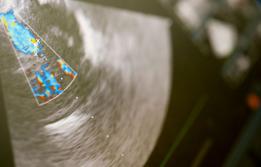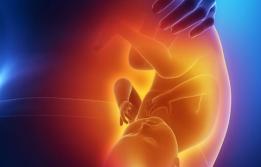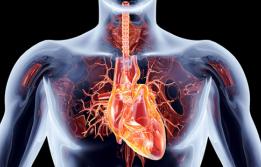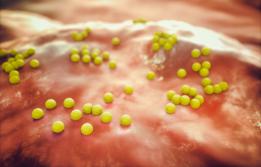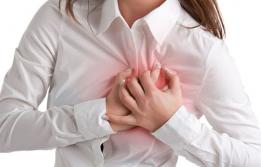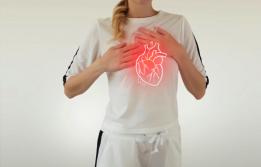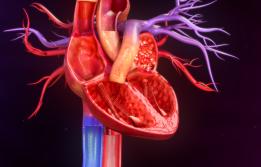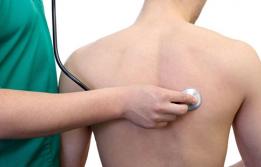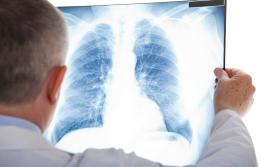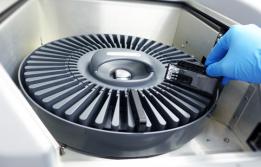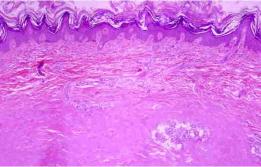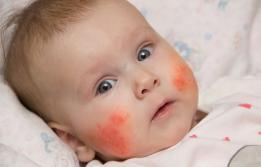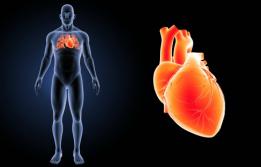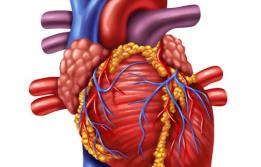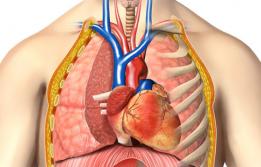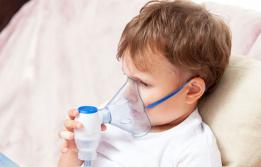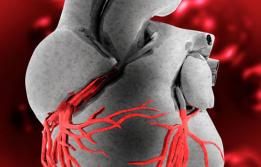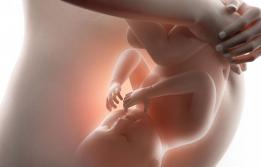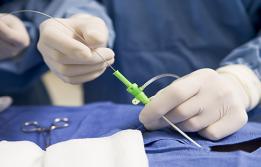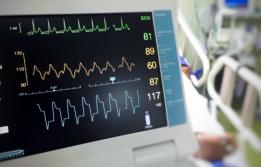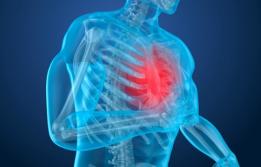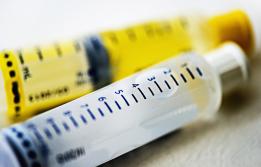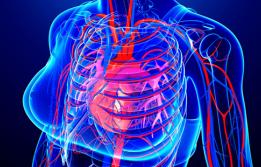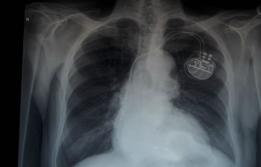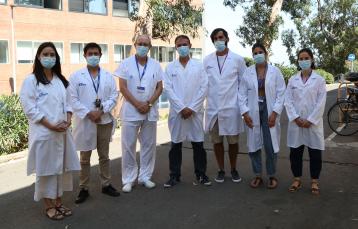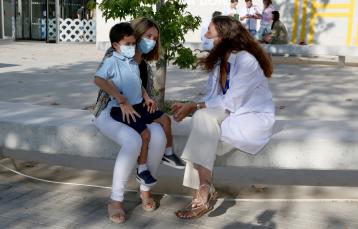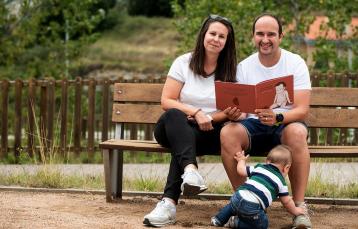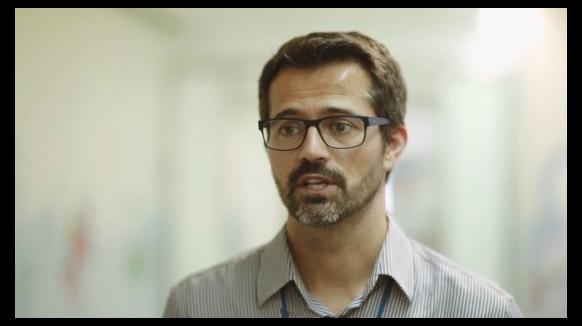Arrhythmia Unit
The Cardiology Department Arrhythmia Unit treats heart rhythm disorders. It is responsible for diagnosis, treatment, research and training for all illnesses related to arrhythmias. These may be slow or fast. Slow arrhythmias often need a pacemaker to be fitted. Fast arrhythmias may cause the patient to lose consciousness, or even cardiac arrest.
Description
The Arrhythmia Unit works closely with the Critical Cardiology Unit, the Adult Congenital Heart Disease Unit, and the Inpatient and Cardiac Surgery Areas. The Arrhythmia Unit was created in 1975. Since then it has expanded and specialises in various fields.
The most important are as follows:
- ablations of complex arrhythmias in congenital heart disease in adults
- paediatric ablations
- ventricular tachycardia substrate ablations
- atrial fibrillation ablations
The Arrhythmia Unit has two theatres. One of them is completely dedicated to procedures such as:
- electrophysiological study
- atrial fibrillation ablation
- supraventricular tachycardia ablation
- focal atrial tachycardia and macro-reentrant atrial tachycardia ablation
- premature ventricular contraction and idiopathic ventricular tachycardia ablation
- ventricular tachycardia ablation in patients with structural heart disease
- atrioventricular node ablation
- heart device implants for diagnosing and treating arrhythmias, such as pacemakers, defibrillators or resynchronisation therapy
- tilt table test
- electrical cardioversion
- drug provocation test
The unit also has specific clinics to treat and monitor patients with cardiac arrhythmia. These include consultations about devices and five clinics dealing with the following matters:
- channelopathy and sudden death
- arrhythmia in congenital heart disease
- ventricular tachycardia
- atrial fibrillation
In 2019, the unit carried out:
- 279 ablations, 40% of which were ventricular tachycardia or arrhythmia in congenital heart disease.
- It also fitted 99 complex intracardiac devices, such as defibrillators and resynchronisation therapy.
The Arrhythmia Unit works jointly with the Paediatric Cardiology Department on invasive treatment of cardiac arrhythmia in paediatric patients.
Diseases related to this speciality
People can suffer from slow arrhythmia or fast arrhythmia. This often occurs in hearts affected by a cardiac disease, but also occurs in hearts with a normal structure.
The most common fast arrhythmia is atrial fibrillation, which requires medical treatment and, occasionally, ablation with a catheter. This is a safe procedure and commonly gives good results.
The most common slow arrhythmias are those that appear with age. They are caused by degeneration of the heart’s electrical system. They usually require a pacemaker to be fitted.
Treatments and diagnostic tests related to this speciality
- The electrophysiological study consists of putting a catheter into the heart to analyse the electrical parameters. This is often accompanied by an ablation of the arrhythmia.
- The ablation consists of applying an energy source to create a lesion in the place where the arrhythmia is generated.
- Fitting a pacemaker enables slow arrhythmias to be controlled. This is done using a device that generates electrical impulses.
- Fitting a defibrillator enables fast arrhythmias to be detected. This is done using a device that generates an electrical shock so that the heart goes back to beating normally.
- Cardiac resynchronisation therapy is used in cases of cardiac failure with a loss of power in the heart’s contraction. It consists of fitting special devices that improve the heartbeat and the patient’s quality of life.
The Arrhythmia Unit also carries out common non-invasive procedures such as:
- 24 hour Holter monitoring. The Holteris a portable, cardiac control device.
- 3 week Holter
- Tilt tests. These tests are done to check the body’s reaction to a change of posture.
Research
The Arrhythmia Unit has extensive experience in researching the field of cardiac arrhythmias. It has published many times in specialist journals. The following research lines are highlights:
- Arrhythmia in congenital heart disease
- Loss of consciousness (syncope)
- Intracardiac devices
- Strokes of indeterminate origin, in collaboration with the Neurology Department
- Mechanisms involved in physiological and pathological cardiac remodelling
- Mechanisms involved in atrial fibrillation development
- Effects of air pollution on the development of arrhythmias
- Strategies for improving diagnosis of hereditary illnesses causing sudden death
- Therapies aimed at patients with hereditary illnesses causing sudden death
- Effects of COVID-19 on the development of arrhythmias
Education
The Arrhythmia Unit's team of professionals take active part in academic education and practical training on the medicine and nursing degree courses. Cardiology residents usually spend time at the unit, along with residents in other specialities at the hospital. Residents from other hospitals in the Vall d’Hebron area and from other Spanish, European and Latin American hospitals also do so, if they are interested in training on the treatment of arrhythmia diseases.
The unit's team regularly takes part in training activities outside the hospital. The unit offers the following specific, staff training courses periodically:
- Cardiac stimulation and implantable systems
- Atrial fibrillation refresher days
- Meeting of experts in arrhythmia in patients with congenital heart disease
- Course on arrhythmia in congenital heart disease
Experts
The Arrhythmia Unit has a coordinator and four assistants. They work with the nursing staff, consisting of seven specialist professionals, who deal with caring for patients and doing the invasive electrophysiology treatments. They also monitor patients with intracardiac devices on-site and remotely.
